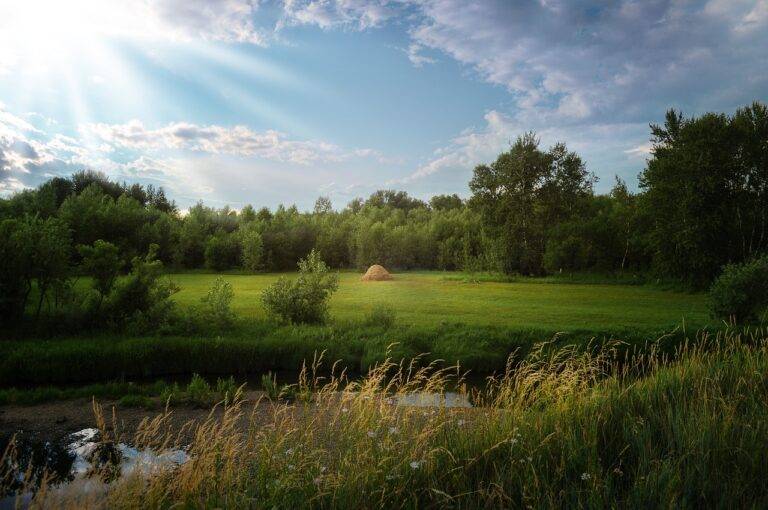Exploring Urban Gardens and Green Spaces: Finding Nature in the Concrete Jungle
Urban green spaces offer numerous advantages to city dwellers. These areas provide a welcome respite from the concrete jungle, offering a peaceful and natural environment in the midst of bustling cities. Access to green spaces has been linked to improved mental well-being, reduced stress levels, and increased overall happiness among urban residents.
Moreover, urban green spaces play a vital role in improving air quality within cities by absorbing pollutants and releasing oxygen. This helps to mitigate the effects of air pollution, which can have harmful effects on public health. Additionally, these green spaces serve as habitats for various forms of wildlife, promoting biodiversity in urban environments.
The Role of Urban Gardens in Sustainable Living
Urban gardens play a vital role in promoting sustainable living in urban environments. These green spaces not only provide fresh produce but also help to reduce the carbon footprint by encouraging local food production. By cultivating fruits, vegetables, and herbs within the city limits, urban gardens contribute to the reduction of transportation emissions associated with importing food from distant locations.
Furthermore, urban gardens serve as educational tools, teaching community members about gardening, composting, and sustainable practices. By engaging in hands-on gardening activities, individuals gain a deeper appreciation for nature and learn the importance of environmental stewardship. This increased awareness can lead to more sustainable lifestyle choices and a greater sense of connection to the natural world.
What are the benefits of urban green spaces?
Urban green spaces provide numerous benefits such as improving air quality, reducing urban heat islands, promoting biodiversity, and enhancing mental and physical well-being of residents.
How do urban gardens contribute to sustainable living?
Urban gardens play a crucial role in sustainable living by promoting local food production, reducing food miles, increasing green spaces in cities, and fostering a sense of community.
What are some ways to get involved in urban gardening?
You can get involved in urban gardening by joining a community garden, starting your own rooftop garden or balcony garden, volunteering at local green spaces, or participating in urban gardening workshops and events.
How can urban gardens help address food security issues?
Urban gardens help address food security issues by providing access to fresh, locally grown produce, promoting food self-sufficiency, and increasing community resilience in the face of food shortages or disruptions in the food supply chain.
Are there any challenges associated with urban gardening?
Some challenges associated with urban gardening include limited space, soil contamination, access to water, and zoning regulations. However, these challenges can be overcome through innovative gardening techniques, community partnerships, and advocacy for policy changes.





